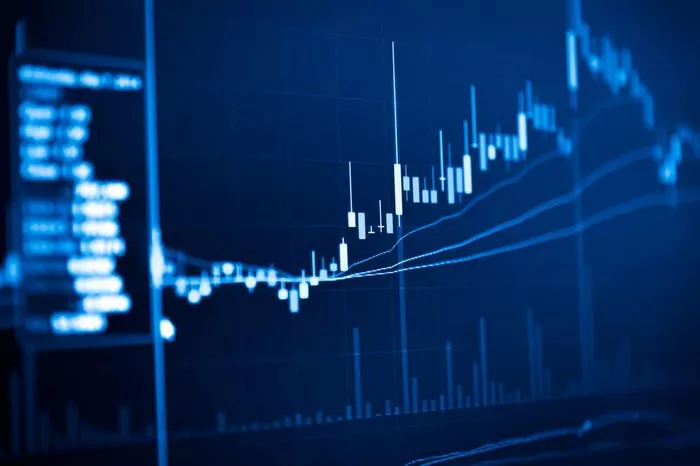For individuals interested in futures trading, accessing major exchanges like the Chicago Mercantile Exchange (CME) may seem daunting at first glance. Historically, futures trading was primarily dominated by institutional investors and professional traders. However, advancements in technology and changes in market structure have made it increasingly accessible for individual traders to participate in futures markets. In this article, we explore the question: Can individuals trade on the CME? We’ll delve into the opportunities, requirements, and considerations for individuals looking to engage in futures trading on the CME.
Understanding Futures Trading
Before discussing whether individuals can trade on the CME, it’s essential to understand what futures trading entails. Futures contracts are standardized agreements to buy or sell an asset at a predetermined price on a specified date in the future. These contracts are traded on regulated exchanges such as the CME, providing liquidity, transparency, and price discovery for market participants. Futures contracts are available across various asset classes, including equities, fixed income, currencies, commodities, and more.
Opportunities for Individuals
Yes, individuals can trade on the CME and other major futures exchanges. In recent years, advancements in technology, such as electronic trading platforms and online brokerage services, have democratized access to futures markets. Individual traders can now open brokerage accounts with reputable firms that offer access to futures markets, including the CME. These brokerage firms provide individuals with the necessary tools, resources, and support to execute trades and manage their futures positions effectively.
Accessing the CME
To trade on the CME, individuals need to open an account with a brokerage firm that provides access to futures markets. Many online brokerage platforms offer futures trading capabilities, allowing individuals to trade futures contracts on major exchanges like the CME. These platforms provide user-friendly interfaces, real-time market data, research tools, and customer support to assist individuals in executing trades and navigating the complexities of futures markets.
Requirements for Futures Trading
While individuals can trade on the CME, there are certain requirements and considerations to keep in mind:
Account Approval: Individuals must meet certain eligibility criteria and undergo account approval processes with their chosen brokerage firm before trading futures contracts. This may involve providing personal information, financial documentation, and agreeing to risk disclosures and trading agreements.
Risk Management: Futures trading involves leverage, which magnifies both profits and losses. Individuals should have a solid understanding of risk management principles and implement risk management strategies to protect their capital and manage risk effectively.
Market Knowledge: Successful futures trading requires a thorough understanding of market fundamentals, price dynamics, and trading strategies. Individuals should educate themselves about the specific futures contracts they intend to trade, including contract specifications, market mechanics, and factors that influence prices.
Trading Plan: Developing a trading plan is essential for individuals to outline their objectives, risk tolerance, trading strategies, and entry and exit criteria. Following a trading plan can help individuals maintain discipline, manage emotions, and make informed trading decisions.
Considerations for Individual Traders
While individuals can trade on the CME, there are several considerations to keep in mind:
Costs and Fees: Individuals should be aware of the costs associated with futures trading, including commissions, exchange fees, margin requirements, and financing costs. These costs can impact trading profitability and should be factored into trading decisions.
Market Volatility: Futures markets can be highly volatile, with prices fluctuating rapidly in response to economic, geopolitical, and market developments. Individuals should be prepared for price volatility and have risk management strategies in place to mitigate potential losses.
Liquidity and Slippage: Some futures contracts may have lower liquidity and higher bid-ask spreads, which can result in slippage and impact trading execution. Individuals should consider liquidity when selecting futures contracts to trade and monitor market depth and order flow to ensure efficient execution.
Regulatory Considerations: Individuals should familiarize themselves with regulatory requirements and compliance obligations governing futures trading, including margin rules, position limits, and reporting requirements. Adhering to regulatory guidelines is essential for maintaining compliance and avoiding potential penalties.
Conclusion
In summary, individuals can trade on the Chicago Mercantile Exchange (CME) and other major futures exchanges, thanks to advancements in technology and the availability of online brokerage services. While futures trading offers opportunities for individuals to diversify their portfolios, hedge risk, and potentially generate returns, it also involves risks that should be carefully managed. By educating themselves about futures markets, developing sound trading strategies, and working with reputable brokerage firms, individuals can navigate the complexities of futures trading and pursue their financial goals with confidence.


